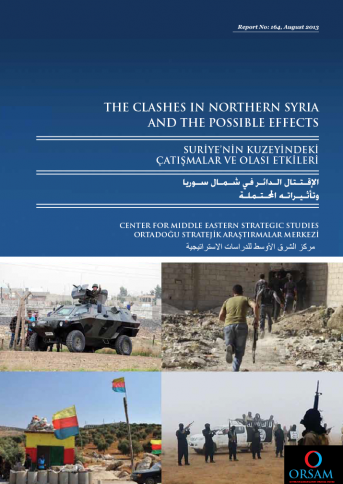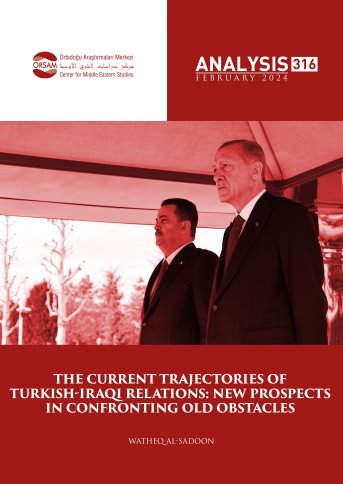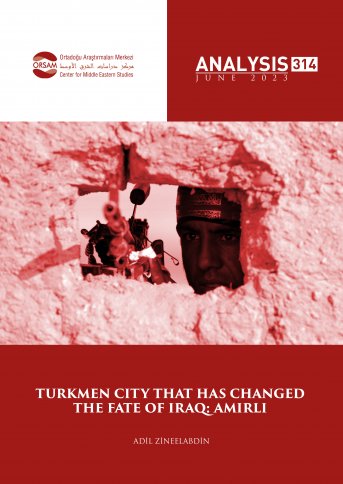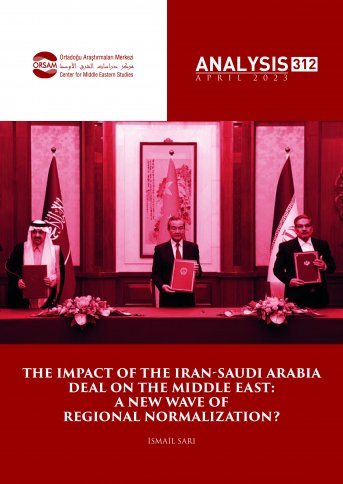
The Clashes in Northern Syria and the Possible Effects
PYD, the strongest Kurdish party in Syria, pursued an ambivalent policy for a long time following the eruption of uprisings. It maintained a “private relationship” with the Assad administration despite the fact that it argues discursively against the regime's practices. PYD, which adopted a stronger anti-Assad rhetoric after seizing control of certain regions in the north of Syria on July 2012, sought to establish dialogue and cooperation with other Syrian opposition groups. In the meantime, an open clash did not take place between different Kurdish parties, Assad administration, nor between SNC- and FSA-affiliated groups. Kurds kept away from being dragged into the clash and focused on establishing a stable region free from clashes.
The stronger the civil war became in Syria, the harder it became for Kurds to implement the tactic of not directly being a party to an armed conflict. The events in Qamishli and Aleppo indicate that Kurds are now between warring groups and have not become a party to the clash yet. However, the fact that PYD and FSA are in conflict both in political and military terms in both cases has driven a bigger wedge between the Arab opposition and Kurds in Syria. This situation has boosted the idea that especially PYD within SNC and FSA are pro-Assad, or they do not support the revolution in parallel with their own interests. The clash between the government and the opposition forces has paved the way for new areas of conflict in Aleppo and in strategic points of northern Syria in the future.
Considering in terms of internal dynamics of Syrian Kurds, it might be suggested that PYD, of which the realm of activity is generally limited with the Kurdish-dominated north of the country, with Afrin and Kobane in particular, has also increased its power in Aleppo so far. It has been observed that other Kurdish parties (considering the insufficiency of the parties, under Kurdish National Council especially rubbing elbows with SNC, in the face of latest events) have lost grassroots support since they have resisted to the clashes with an organized structure and remained distant to FSA from the very beginning.








